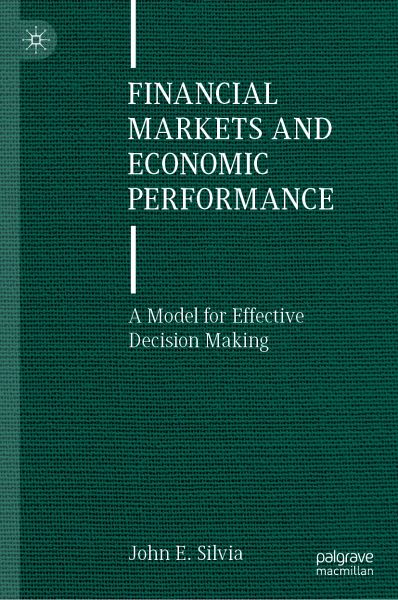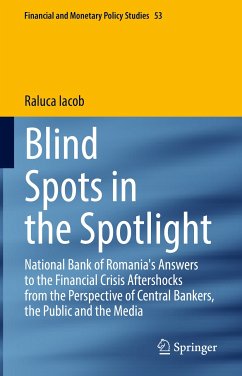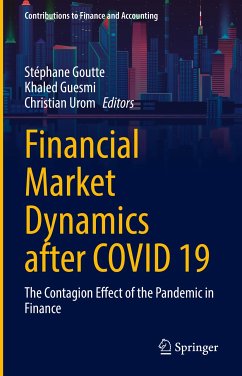
Financial Markets and Economic Performance (eBook, PDF)
A Model for Effective Decision Making
Versandkostenfrei!
Sofort per Download lieferbar
48,95 €
inkl. MwSt.
Weitere Ausgaben:

PAYBACK Punkte
24 °P sammeln!
Explores the interplay between financial markets and macroeconomic outcomes with a conceptual framework
Emphasizes the interrelationships between four markets: goods, credit (both bank and bond market channels), equity capital, and foreign exchange
Provides insight on how to anticipate market change and future price paths
Emphasizes the interrelationships between four markets: goods, credit (both bank and bond market channels), equity capital, and foreign exchange
Provides insight on how to anticipate market change and future price paths
Dieser Download kann aus rechtlichen Gründen nur mit Rechnungsadresse in A, B, BG, CY, CZ, D, DK, EW, E, FIN, F, GR, HR, H, IRL, I, LT, L, LR, M, NL, PL, P, R, S, SLO, SK ausgeliefert werden.












